On Tuesday, the Los Angeles school board approved a plan to prohibit cellphones from being used on campus throughout the day.
The board stated that the devices prevent students from learning, cause anxiety, and enable cyberbullying.
Specifics to be Agreed
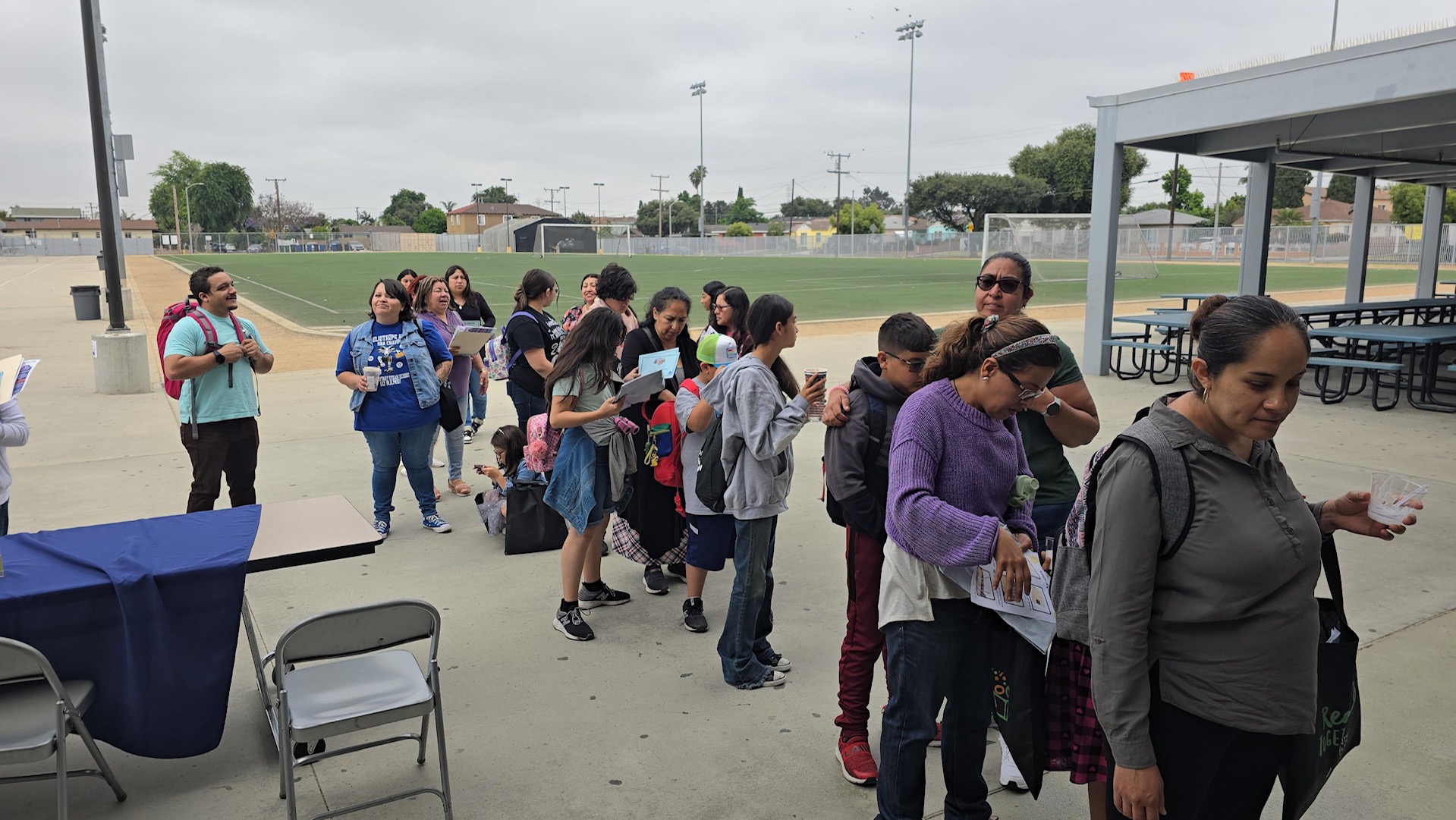
The Board of Education will approve the specifics of the ban at a subsequent meeting, with the intention of enforcing it throughout a student’s entire time at school from January, including lunch and other breaks.
According to board member Nick Melvoin: “Our students are glued to their cellphones, not unlike adults. They’re surreptitiously scrolling in school, in class time, or have their head in their hands, walking down the hallways. They’re not talking to each other or playing at lunch or recess because they have their AirPods in.”
Cell Phones Causing Harm
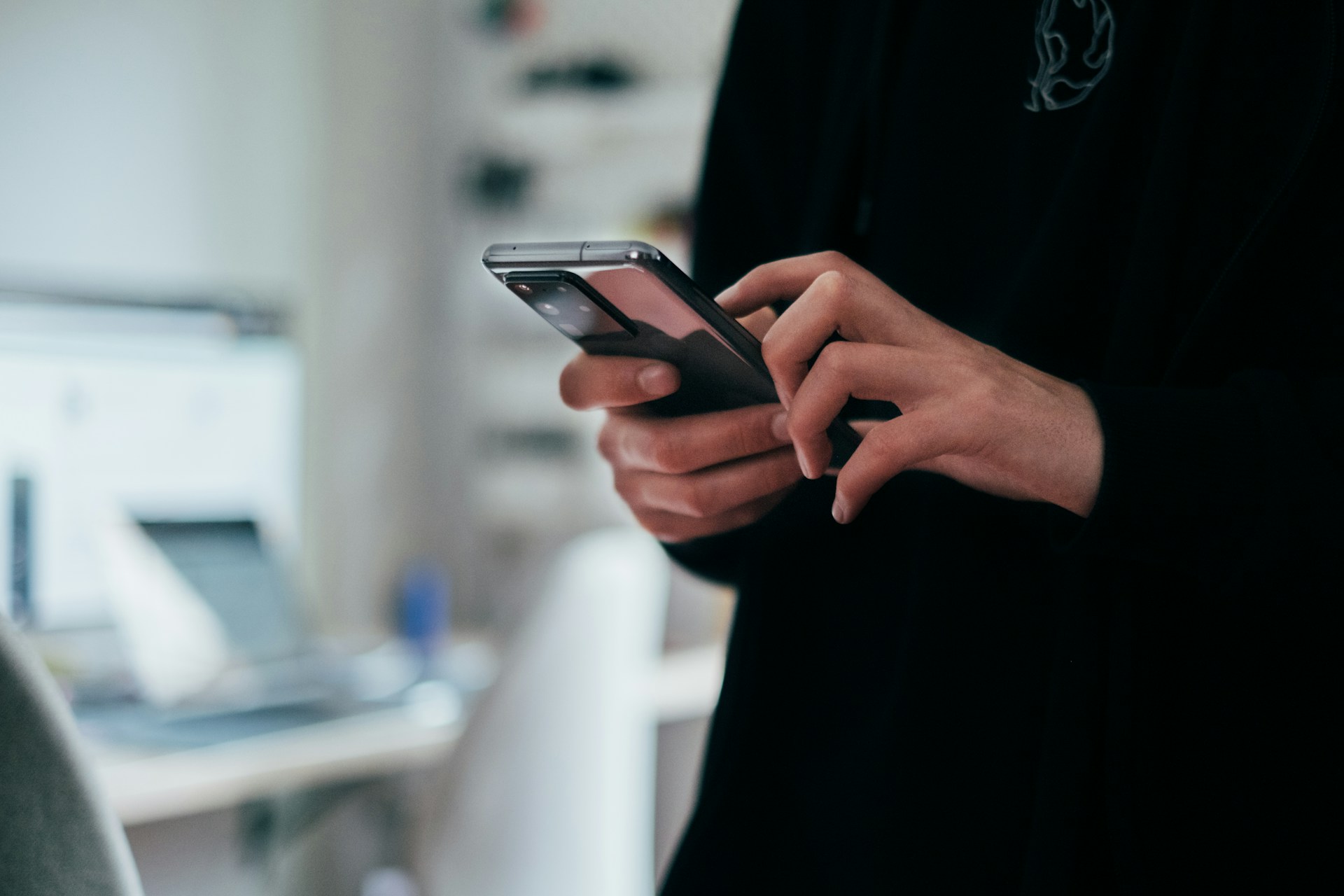
In light of reports that the use of cell phones and social media coincides with skyrocketing levels of anxiety and other harms to children, the board’s action gives momentum to growing campaigns in California to restrict or eliminate cellphone use in schools.
In February, California Assembly Bill 3216 was introduced. It would require school districts to implement a policy that restricts or prohibits students from using smartphones while they are in school or under the supervision of a school employee. July 1, 2026, would be the effective date of the law.
Murthy’s Opinion
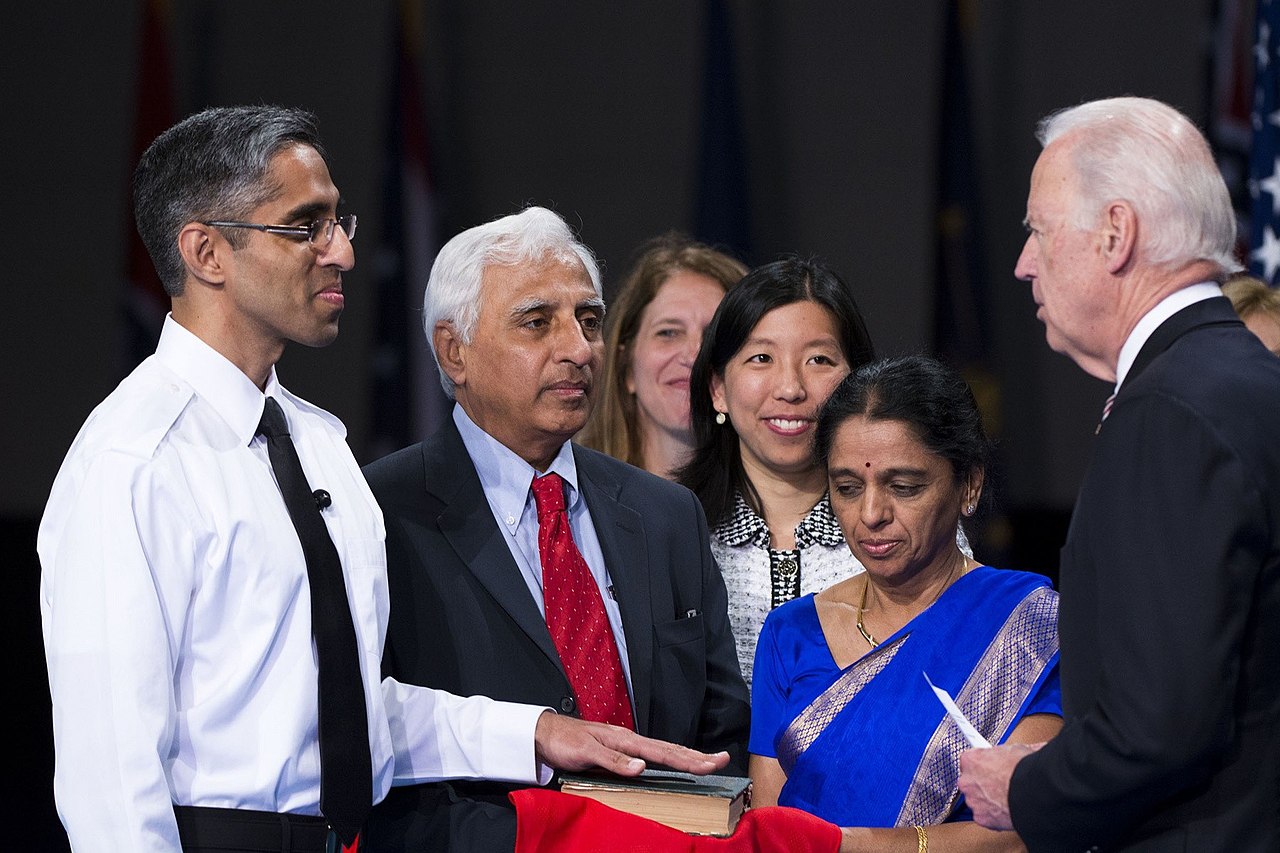
Vivek Murthy, the U.S. Surgeon General, said on Monday that young people’s use of social media has become so common and could be so harmful that Congress should require warning labels on online platforms, similar to those on cigarette boxes.
According to Governor Newsom’s statement to The Times: “As the Surgeon General affirmed, social media is harming the mental health of our youth. I look forward to working with the Legislature to restrict the use of smartphones during the school day. When children and teens are in school, they should be focused on their studies — not their screens.”
Superintendents Goals
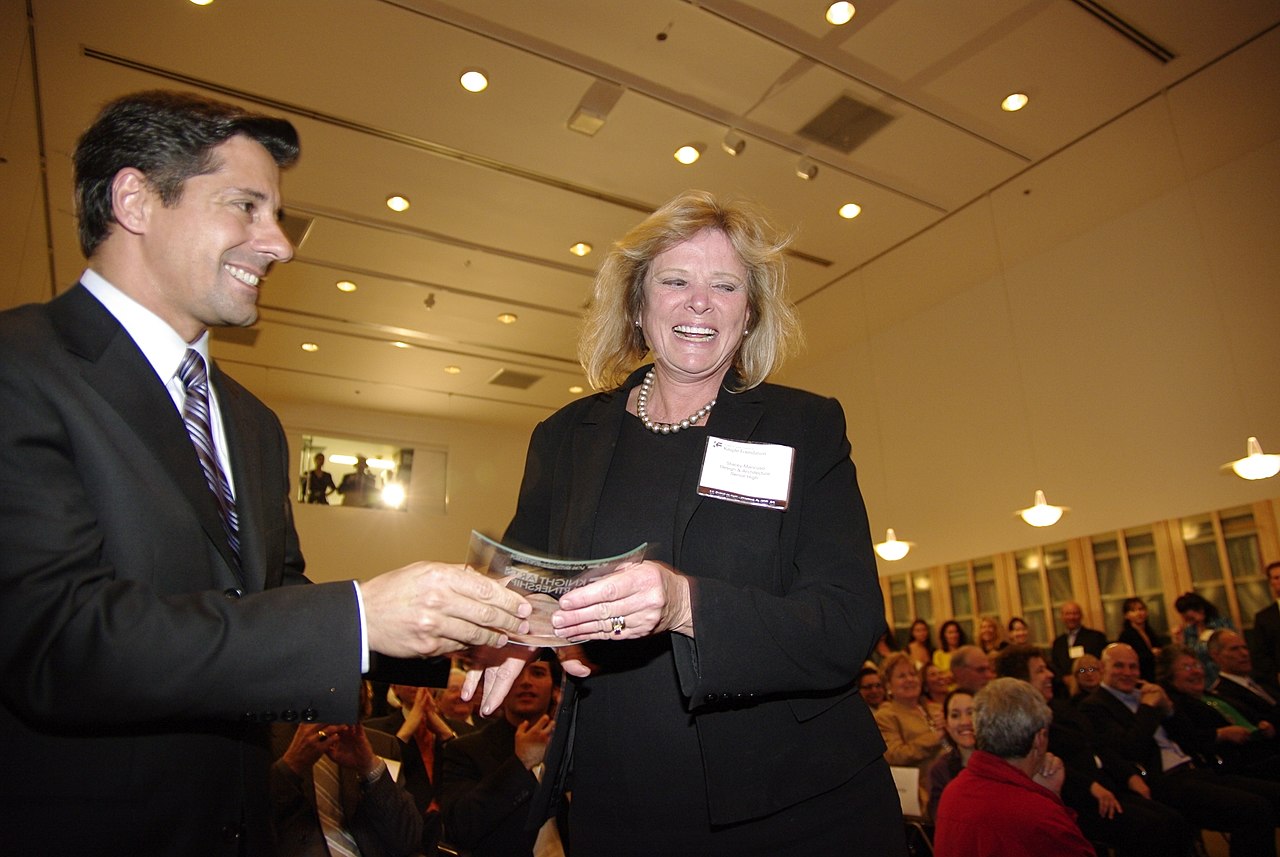
At the suggestion of Superintendent Alberto Carvalho, the Los Angeles Board of Education consented to expand the goal in another direction by focusing on social media organizations for possible litigation.
Carvalho stated, “I believe now is the time for Los Angeles Unified to take a legal position that may include litigation against these powerful giant social media entities, who, for profit, are engaging in predatory behaviors and actions to capture the attention that will eventually victimize kids through a well-documented decay of their mental health.”
Board Resolution
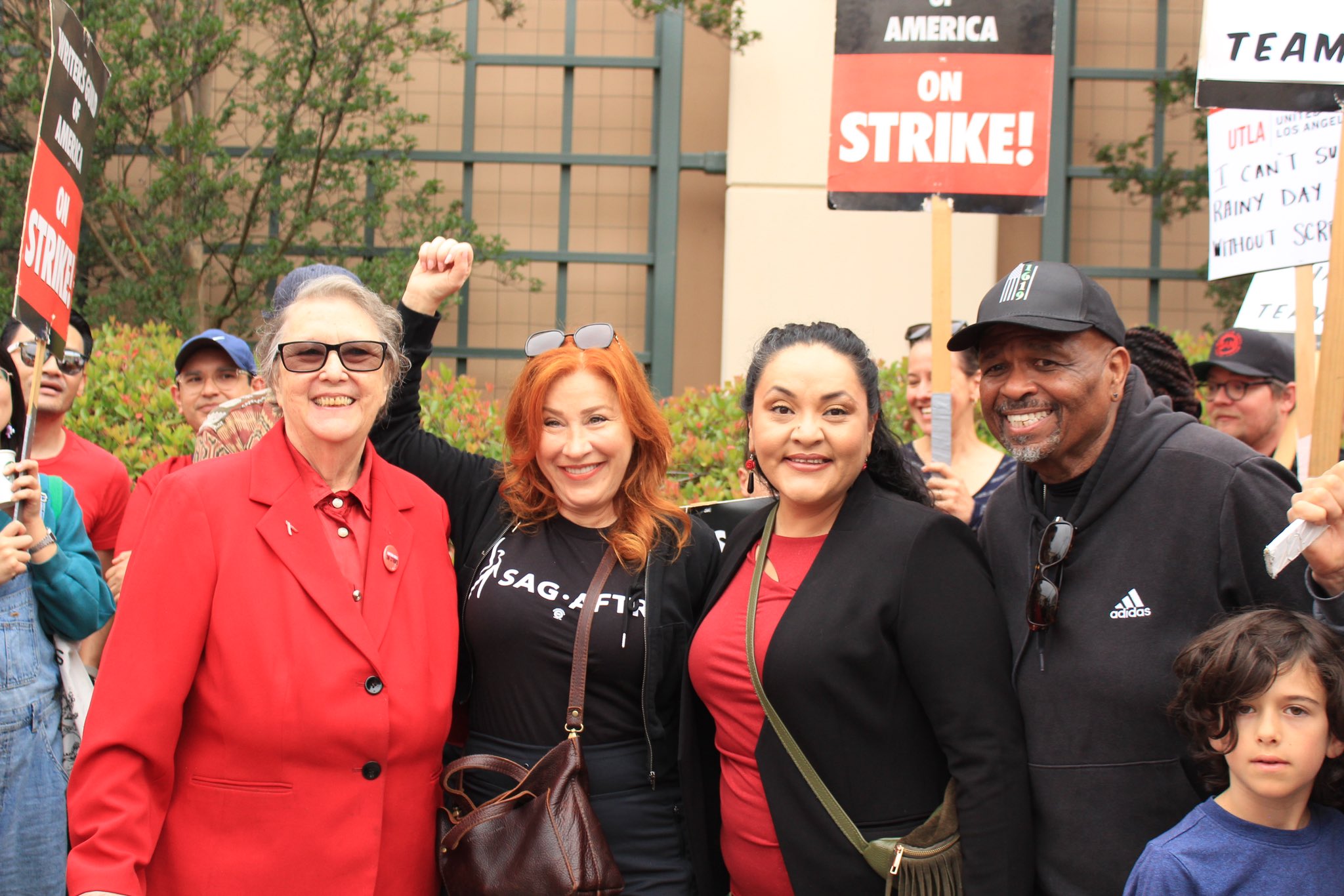
By a vote of 5-2, the board resolution was approved. All board members were concerned about the effects that using social media and cell phones can have on students, as well as the fact that any ban should take into account the needs of students and their families.
Jackie Goldberg, president of the board and co-sponsor of the resolution, talked about a recent trip to a high school where she had lunch with students seated together at a table.
Goldberg’s Position

Goldberg recalled, “I thought we could have a chance just to informally talk. All of them took out their cellphones.”
She continued: “I thought they were contacting other people. They were talking to each other on their cellphones, rather than with their voices and their mouths. … This is an addiction that is serious.”
Issues with Proposal

Another board co-support, Tanya Ortiz Franklin, said her student advisory panel has raised substantial issues.
Franklin stated, “We’ve seen in classrooms sometimes kids will forget their Chromebook and hop on their iPhone instead. So we need to make sure we’ve got plenty of Chromebooks so that students are not relying on their personal iPhones to access school materials.”
Translation Use
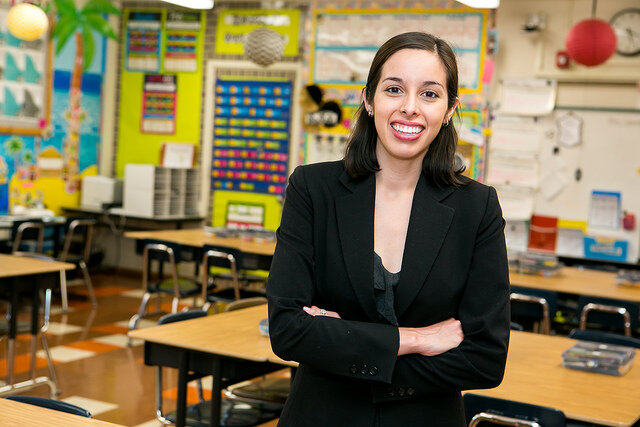
Kelly Gonez, a board member who voted in favor, mentioned that smartphones are used for translation. Such stipulations would need to be thought through, she said.
Choices to complete the ban incorporate giving cellphone storage spaces or pockets that keep gadgets secured and out of reach until they’re tapped against a magnetic gadget when leaving the school grounds. Additionally, technology could be utilized to restrict access to social media platforms.
Challenges to Motion

A few guardians, nonetheless, need their kids to have cell phones for security and correspondence, and school directors say the boycott could be challenging to implement.
Allies who spoke Tuesday mentioned a district middle school principal who said such a boycott has further developed the learning environment at his campus.
Resolution Supporters

Jessica Quindel, a math teacher at Venice High, also endorsed the resolution, comparing the struggle to control cellphone use to a grueling, never-ending marathon.
She was a member of the Phone Free-er Focus Group at Venice High School, a group of ten teachers who persuaded the school administration to make the campus largely phone-free.
Student Response
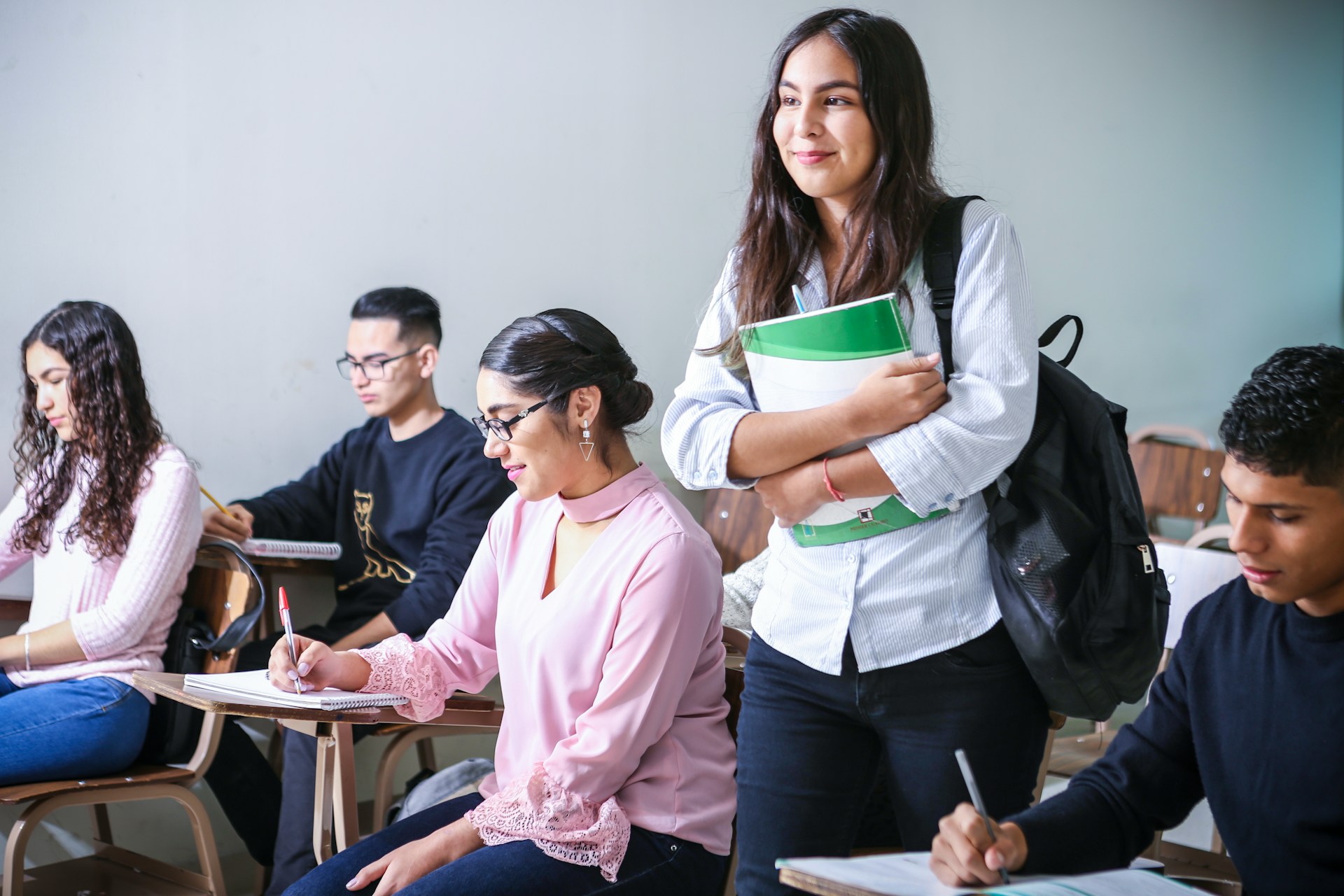
“Very furious,” is how Helen Ho, 16, a rising junior at Narbonne High in Harbor City, expressed her feelings. She stated that students need phones to keep in touch with family and in case of an emergency.
She added that a ban would also violate students’ rights to self-expression: “Students are already so restricted in school settings.”
Students are appealing to the Board of Education that the district establish a forum for students to express their opinions and concerns regarding this policy.
